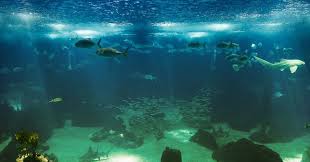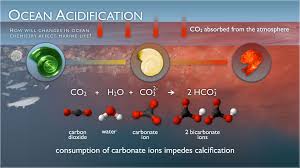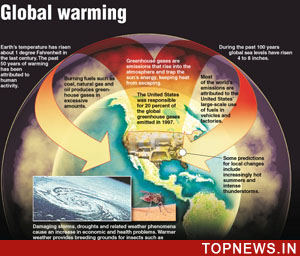The societal division between those who are willing to face the truth, and those who are not, is widening by the day. The power structure…

Ocean acidification

No one is certain of the total number of orcas (otherwise known as "killer whales") that exist in the wild. However, estimates are now around…

As a historic heat wave ravages the Middle East and glaciers continue rapidly melting into the sea, a "thought-experiment" devised by German researchers has demonstrated—yet…
Pink salmon – the smallest and most abundant of the Pacific salmon species, and a supper table mainstay in many parts of the world –…
The global supply of seafood is set to change substantially and many people will not be able to enjoy the same quantity and dishes in…
Following is an excerpt from the article, “In the Warming Arctic Seas,” published in the Summer 2015 Issue “Climate’s Cliff” of the World Policy Journal.…
A group of scientists from universities in the United States, the United Kingdom, and Australia have released a new study calling for geoengineering of the…

In case you weren't already worried about the current and rapid acidification of the world's oceans, a new report by leading scientists finds that this…

Changes to the Earth's oceans, caused by extreme volcanic activity, triggered the greatest extinction of all time, a study suggests. The event, which took place…

Human activity dangerously compromises four of the nine systems that are key to maintaining the stability of Earth, report researchers. The study establishes planetary boundaries—thresholds beyond…

Over the next two centuries, climate change is likely to impact everything from industrial agriculture to the shape of our coastlines. The changing climate will…
